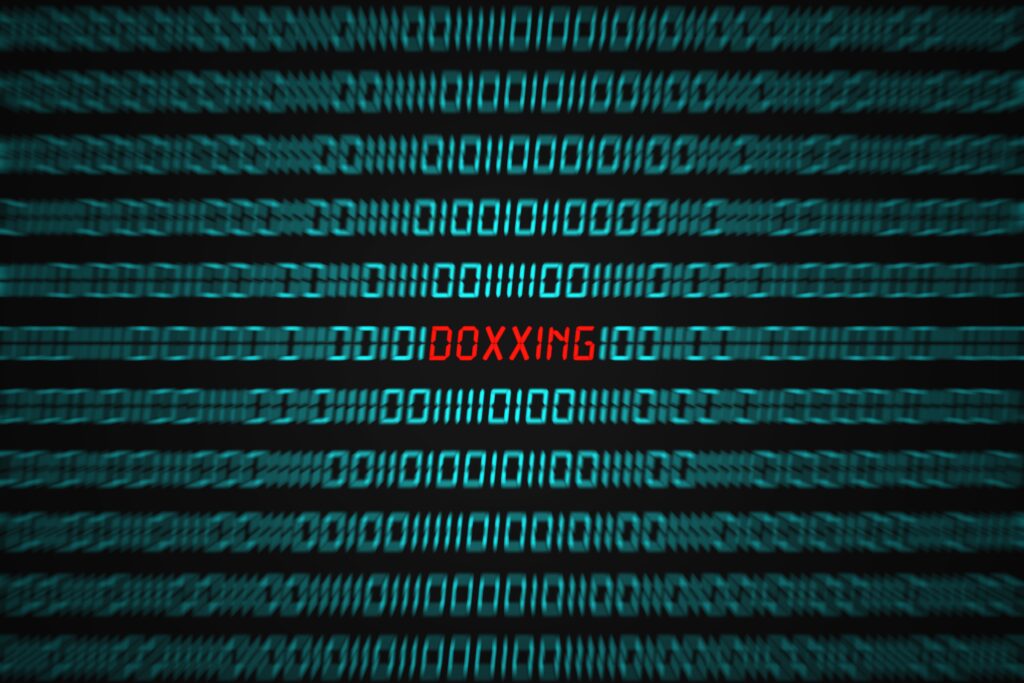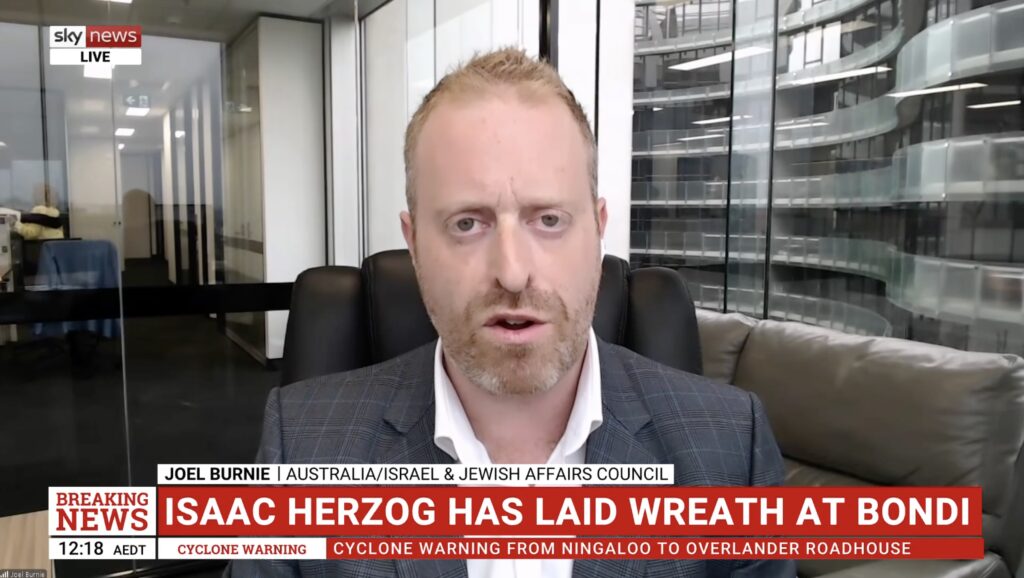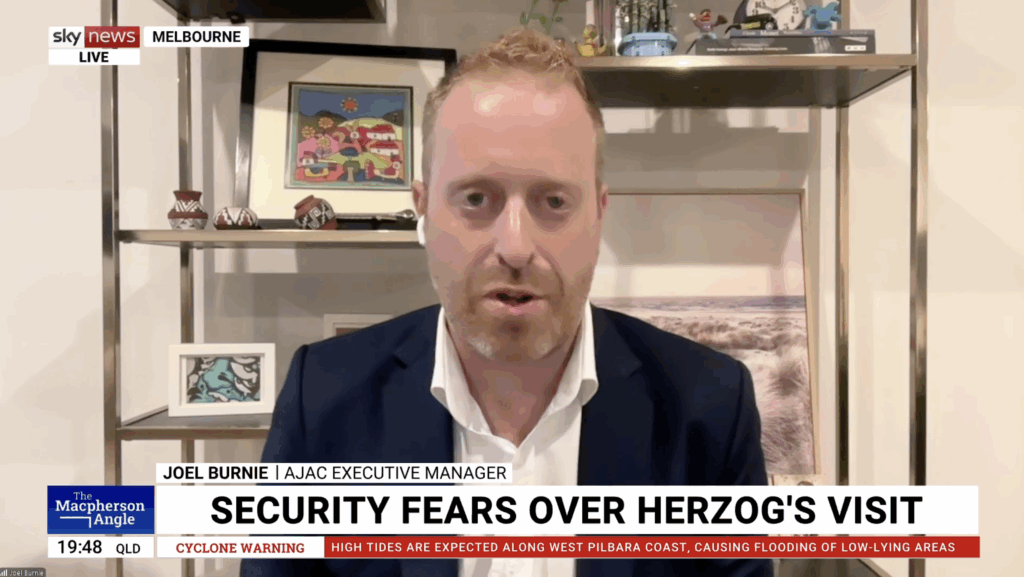RESOURCES
Submission to Federal Government Public Consultation on Doxxing and Privacy Reforms
April 4, 2024 | AIJAC staff

Summary
Doxxing – the ‘intentional online exposure of an individual’s identity, private information or personal details without their consent’ – has become a contemporary social media disease. The most notorious case of doxxing in Australia over recent months targeted a WhatsApp group of Australian Jewish creatives. Consequently, the Federal Government announced plans to move forward with legislative reforms to address this problem.
The Australia/Israel & Jewish Affairs Council (AIJAC) lodged a 16-page submission to the federal Attorney-General’s Department’s Public Consultation on Doxxing and Privacy Reforms, on 28 March 2024. The submission strongly supports efforts to strengthen federal laws to protect victims of doxxing and to tighten privacy laws. It argues that such laws are necessary to ensure that doxxing victims have sufficient legal recourse to protect their privacy and to stop perpetrators from continuing to harm victims.
AIJAC argued that doxxing is an issue with particular implications for the Australian Jewish community – and new laws regarding doxxing should be a key part of any government strategy to counter the explosion of antisemitism that has occurred since the Hamas mass terror attack that occurred last October 7. AIJAC noted that currently widespread antisemitic conspiracy theories make additional targeting of Australian Jews for doxxing likely.
AIJAC’s submission centred on the need to: 1. define doxxing clearly, 2. simplify legal remedies available for those doxxed, and 3. facilitate proactive public protections for victims that do not place the primary onus for taking action against acts of doxxing on the victims themselves.
The submission made seven recommendations for the Attorney-General to consider in preparing legal reforms to update Australia’s anti-doxxing laws. Among the key recommendations were:
- The current definition of doxxing set out by the e-Safety Commissioner as ‘intentional online exposure of an individual’s identity, private information or personal details without their consent’ should be further elaborated to specify the “carve-outs” from that definition that distinguish legitimate whistleblowing and public interest reporting and set the limits upon them.
- Gaps in current Australian laws concerning cyberbullying be addressed via a clear definition of cyberbullying that “recognises the breadth and complexity of the issue” and includes coverage of adult victims.
- Administrative remedies that compel national agencies to fulfil their mandates possibly including a statutory right to compel a governmental agency to act, similar to mandamus, in situations of doxxing; and a statutory tort under the Privacy Act for invasion of privacy that would allow individuals to seek redress independently of government agencies.
- A government-funded nationwide awareness and education campaign about doxxing, other forms of cyberbullying, and the harms they cause.
The AIJAC submission also included victim impact testimony from three individuals subject to the recent doxxing of the J.E.W.I.S.H. creatives WhatsApp group:
- “Lisa”, 37, Melbourne, a professional artist, testified that since the doxxing “I cannot go into the city. I am finding the best way to deal with all of this is to isolate and I have been out twice and twice only since the doxxing. I wore a mask on both occasions for fear of being recognised… I used to feel safe and secure in my Melbourne. Not anymore.”
- “Brian”, 42, Melbourne, testified that the doxxing left him “panicked that this could very well impact my professional employment. Working at the organisation that I work – where a degree of confidentiality, privacy and decorum is required – I was genuinely concerned that there could be repercussions.”
- “Robyn”, 25, Brisbane, a comedian and improv acting teacher, testified that “People in the arts and comedy arena blew up my picture and wrote slurs on my LinkedIn profile [Someone] publicly outed me as neurodivergent and a former member of The Improv Conspiracy school that I was a paid participant in, has also accused me of being ‘genocidal’ and ‘racist’ I am the one… teacher excluded from the next specialist theatre courses or improv nights… Physically, emotionally, wellbeing wise I’m severely compromised by this doxxing.”
Read the full submission (PDF)





